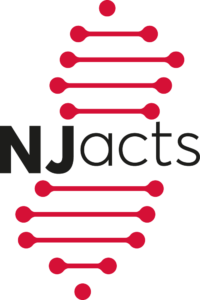 Please read Dr. Kumar’s article in ACS Applied Materials & Interfaces titled, “Self-Assembling Peptides with Insulin-Like Growth Factor Mimicry.“
Please read Dr. Kumar’s article in ACS Applied Materials & Interfaces titled, “Self-Assembling Peptides with Insulin-Like Growth Factor Mimicry.“
Insulin-like growth factors (IGFs) are a potent activator of intracellular signaling and promote the proliferation of somatic cells and tissues and cellular regeneration. IGFs are also critical for normal embryonic and fetal development. Insufficiency of type 1 IGF (IGF-1), often due to growth hormone-linked deficiency, results in stunted growth in humans. While IGF-1 axis-based therapies are effective treatments for pediatric growth hormone deficiency, significant side effects include hyperglycemia and lipohypertrophy. In diabetic mellitus type 2 patients, very high or low levels of IGF-1 expression correlate with insulin resistance. Further compounding the risk of IGF-1 therapy, circulating levels of IGF-1 have also been strongly linked to the progression of multiple cancers, including prostate cancer and breast cancer in premenopausal women. Genetic mutations that result in dysregulated IGF-1 expression contribute to the hyperproliferative nature of tumors, conceivably through activation of proproliferative signaling cascades such as PI3K/Akt. These observations suggest that site-specific improvements to IGF-1-based drug delivery techniques are needed to improve the efficacy and safety. To read the full article.
Self-Assembling Peptides with Insulin-Like Growth Factor Mimicry. Roy A, Dodd-O JB, Robang AS, He D, West O, Siddiqui Z, Aguas ED, Goldberg H, Griffith A, Heffernan C, Hu Y, Paravastu AK, Kumar VA. ACS Appl Mater Interfaces. 2024 Jan 10;16(1):364-375. PMID: 38145951 DOI: 1021/acsami.3c15660
